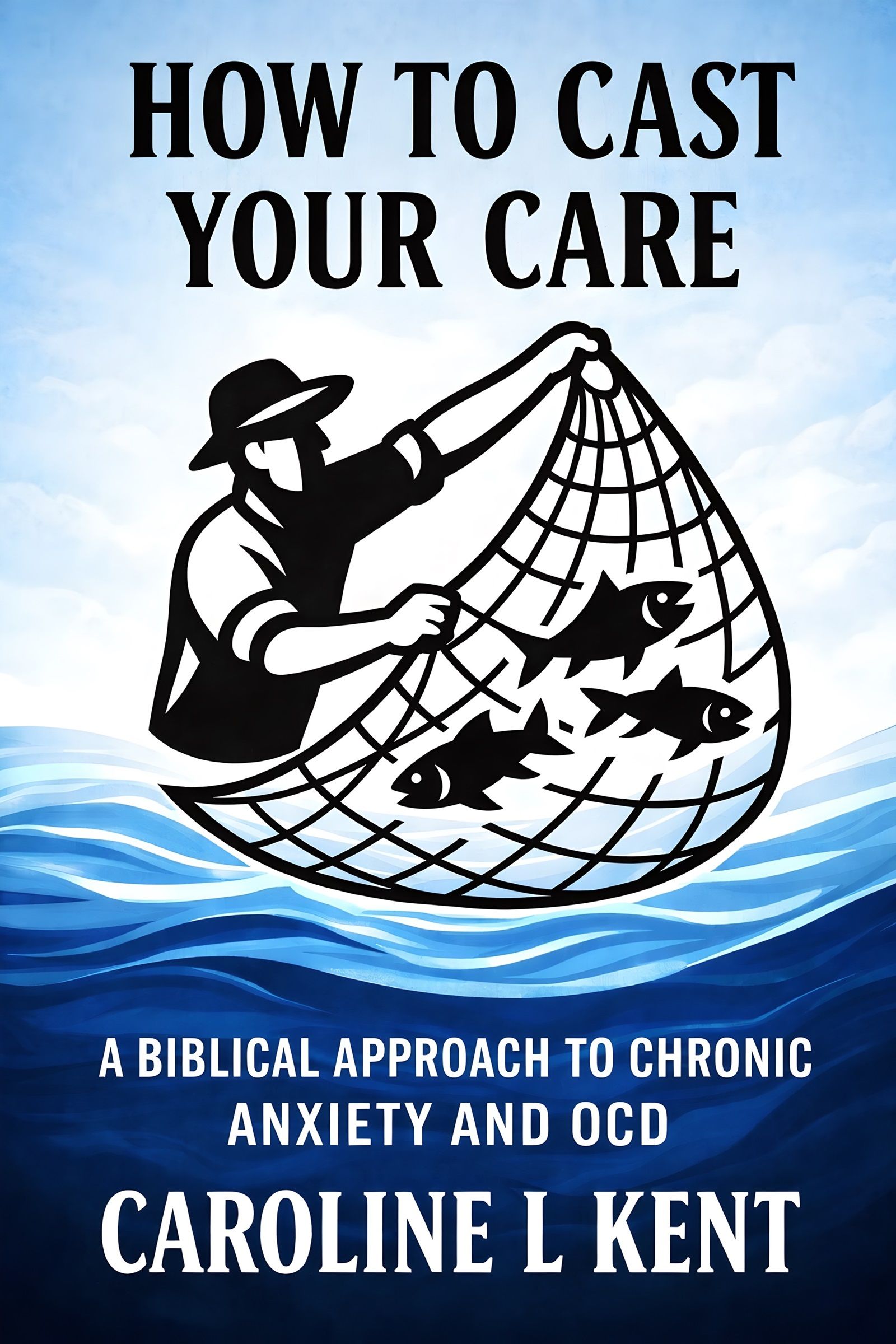Chronic Illness, Pain, and Fatigue
Issue Introduction
Living with long-term illness, constant pain, or unrelenting fatigue is one of the sharpest trials we can endure. These burdens not only weigh on the body but press deeply on the soul. They can stir questions of God’s purposes, challenge our endurance, and leave us feeling isolated or forgotten. Yet Richard Baxter, with the wisdom of a pastor who himself lived much of his life in weakness and sickness, reminds us that these very conditions are not outside God’s providence. Affliction can become a school of grace — a place where our faith is refined, our affections lifted from the world, and our hope anchored more firmly in Christ.
Scripture Focus
“And he said unto me, My grace is sufficient for thee: for my strength is made perfect in weakness. Most gladly therefore will I rather glory in my infirmities, that the power of Christ may rest upon me.” (2 Corinthians 12:9, KJV)
Relevant Scriptures
- Psalm 73:26 – “My flesh and my heart faileth: but God is the strength of my heart, and my portion for ever.”
- Isaiah 40:29–31 – “He giveth power to the faint; and to them that have no might he increaseth strength.”
- Romans 8:18 – “For I reckon that the sufferings of this present time are not worthy to be compared with the glory which shall be revealed in us.”
- James 5:14–15 – “Is any sick among you? let him call for the elders of the church; and let them pray over him…”
Overview of the Biblical Teaching
The Bible does not conceal the reality of weakness and pain in a fallen world. Yet it consistently places our suffering within the larger framework of God’s sovereign and loving purposes. Illness is a reminder that our bodies are frail and our time here is brief. But through it, the Lord teaches us to set our hearts on things above. Christ Himself bore our griefs and carried our sorrows (Isa. 53:4); therefore, He walks with us in them. Though outwardly we may be wasting away, inwardly the Spirit renews us day by day (2 Cor. 4:16). Our sufferings, far from being wasted, are used by God to sanctify us, to strip away false hopes, and to prepare us for the glory yet to come.
The Call to Self-Examination in Illness
Baxter urged the sick to see illness as a God-given season for serious self-examination. With worldly distractions stripped away, we are called to consider eternal realities. Affliction should prompt us to ask:
- Am I truly reconciled to God through Christ?
- Is my hope resting on Christ alone?
- Am I cherishing any sin that must be confessed and forsaken?
- How have I been using the health and time entrusted to me?
Paul commands us: “Examine yourselves, whether ye be in the faith” (2 Cor. 13:5). Yet Baxter also warned that the weakness of sickness can cloud our minds. We should not torment ourselves with endless doubts. Where conscience reveals sin, confess it and turn to Christ. Where no sin is known, rest in the gospel promise that Christ saves to the uttermost those who come to Him (Heb. 7:25). Self-examination should lead not to despair but to a fresh laying hold of Christ’s sufficiency.
Pastoral Guidance
- Receive illness as God’s messenger. Baxter counsels that sickness should awaken us to humility, repentance, and a more heavenly frame of heart. Instead of seeing it as meaningless, we are to see it as a call from our Father’s hand.
- Guard against despair. Illness often tempts us to hopelessness, but Christ’s promises are unchanged by our feelings. He is just as much our Saviour when we are in pain as when we are well.
- Seek the fellowship of the saints. The prayers of others, the encouragement of the church, and the ministry of the Word are means of sustaining grace in our weakness.
- Offer your weakness to God’s glory. Even when strength is gone, patience and faith testify of Christ’s sustaining power. A believer who suffers well preaches loudly of the sufficiency of God’s grace.
- Balance spiritual and practical care. Baxter does not despise medicine or means. Seek appropriate help for body and mind, while remembering that your deeper need is to rest your soul in God.
Common Misconceptions about Illness
It is a heavy temptation to believe that illness must be God’s punishment for some hidden sin. Baxter strongly rejects this idea. He reminds us that while all suffering entered the world through sin, our personal afflictions are not always judgments for particular faults.
Job’s friends erred gravely when they accused him of secret sin; God rebuked them for their cruelty (Job 42:7). Likewise, Jesus corrected His disciples when they assumed a man’s blindness must be because of sin: “Neither hath this man sinned, nor his parents: but that the works of God should be made manifest in him” (John 9:3).
Illness may come to awaken the careless, to refine the faithful, to loosen our grip on the world, or simply as part of life in a fallen body. Therefore, do not torture yourself with false guilt. If conscience convicts, repent and find forgiveness in Christ; but if it does not, then rest in the assurance that affliction may be a mark of God’s fatherly discipline and sanctifying love (Heb. 12:6).
Further Reading
- Richard Baxter, A Christian Directory, Part IV: Directions for the Sick.
- John Flavel, The Mystery of Providence (on God’s purposes in affliction).
- Thomas Brooks, A Mute Christian under the Smarting Rod (on patient submission in suffering).
- Jeremiah Burroughs, The Rare Jewel of Christian Contentment.





